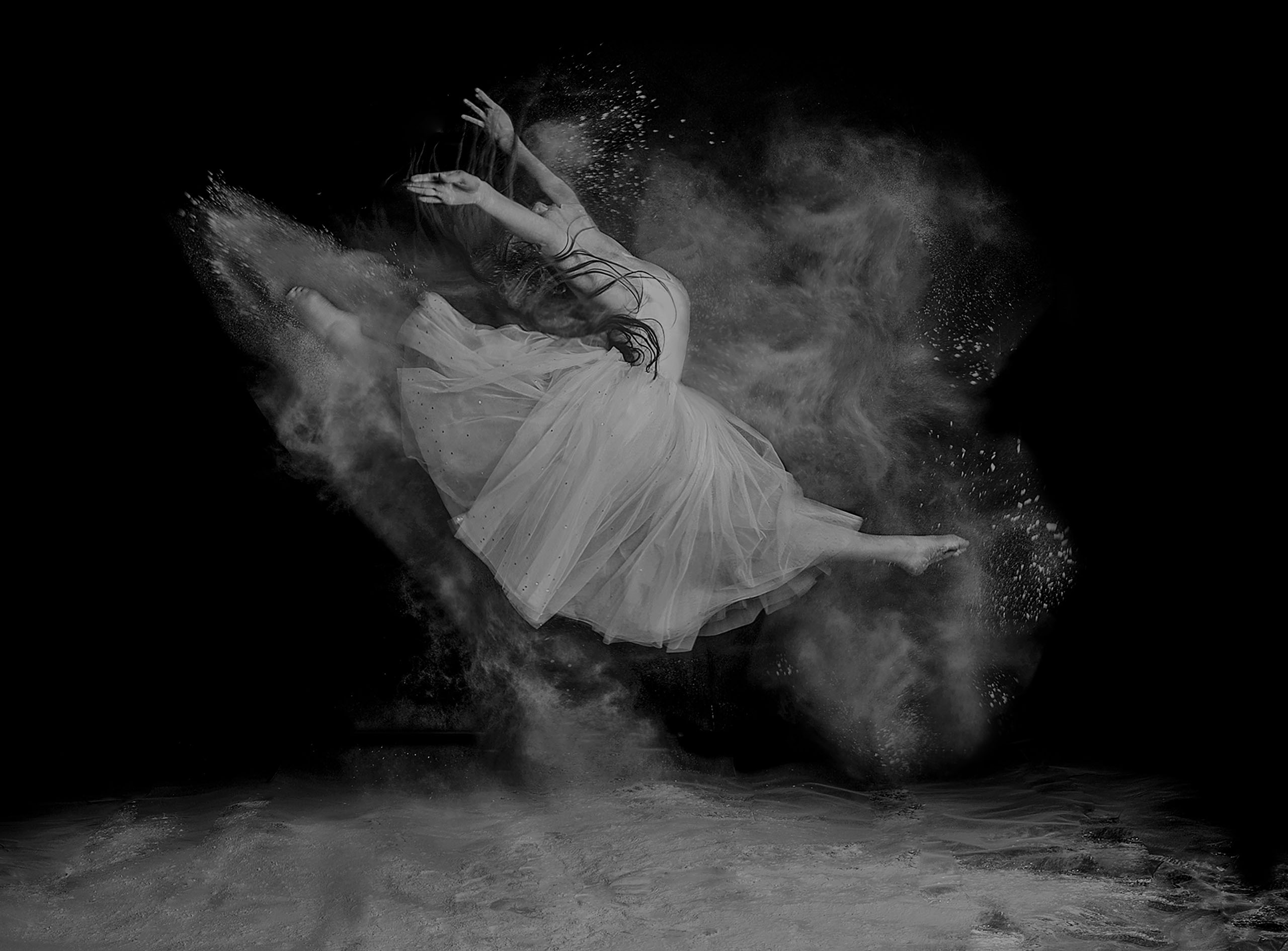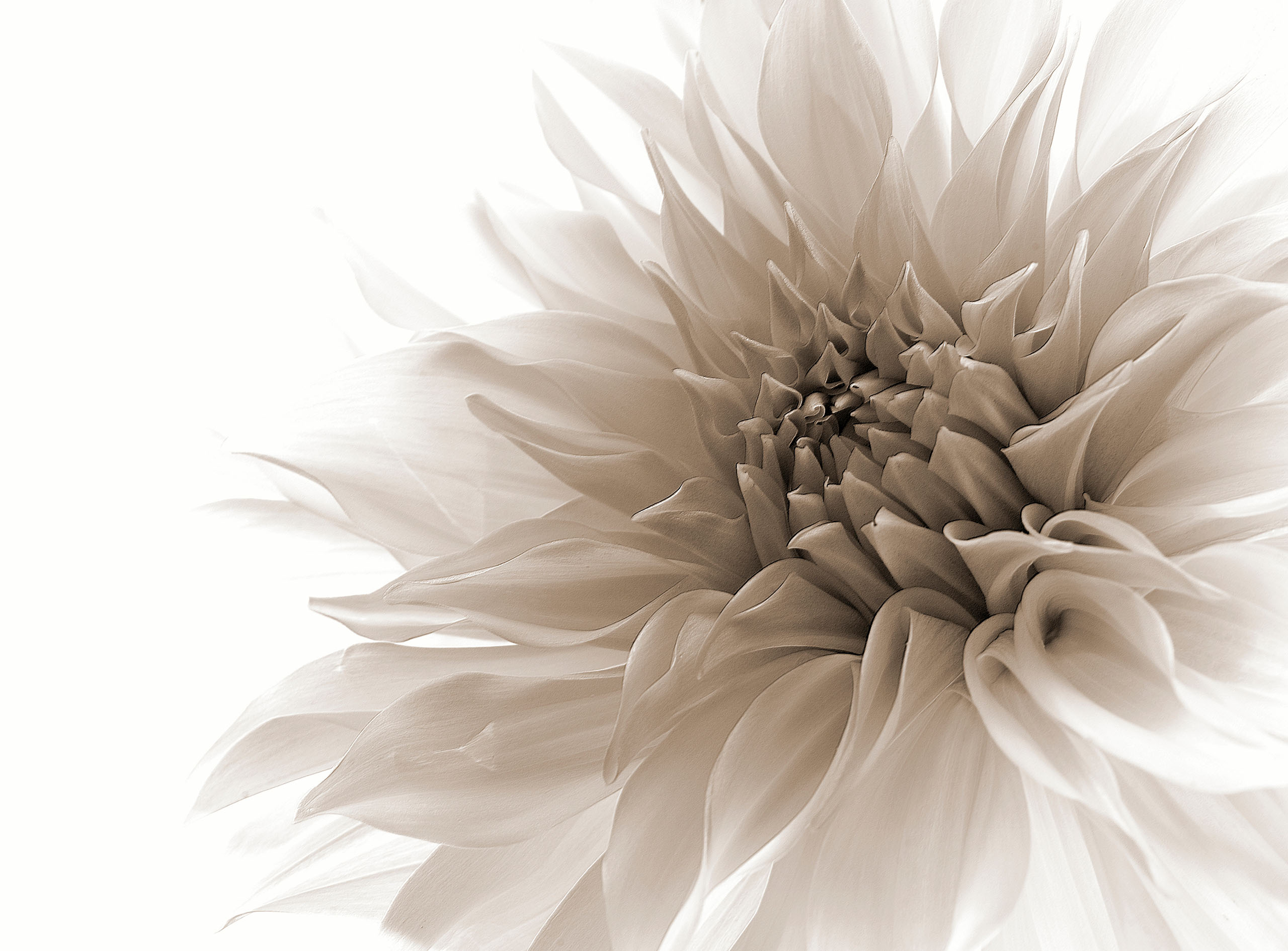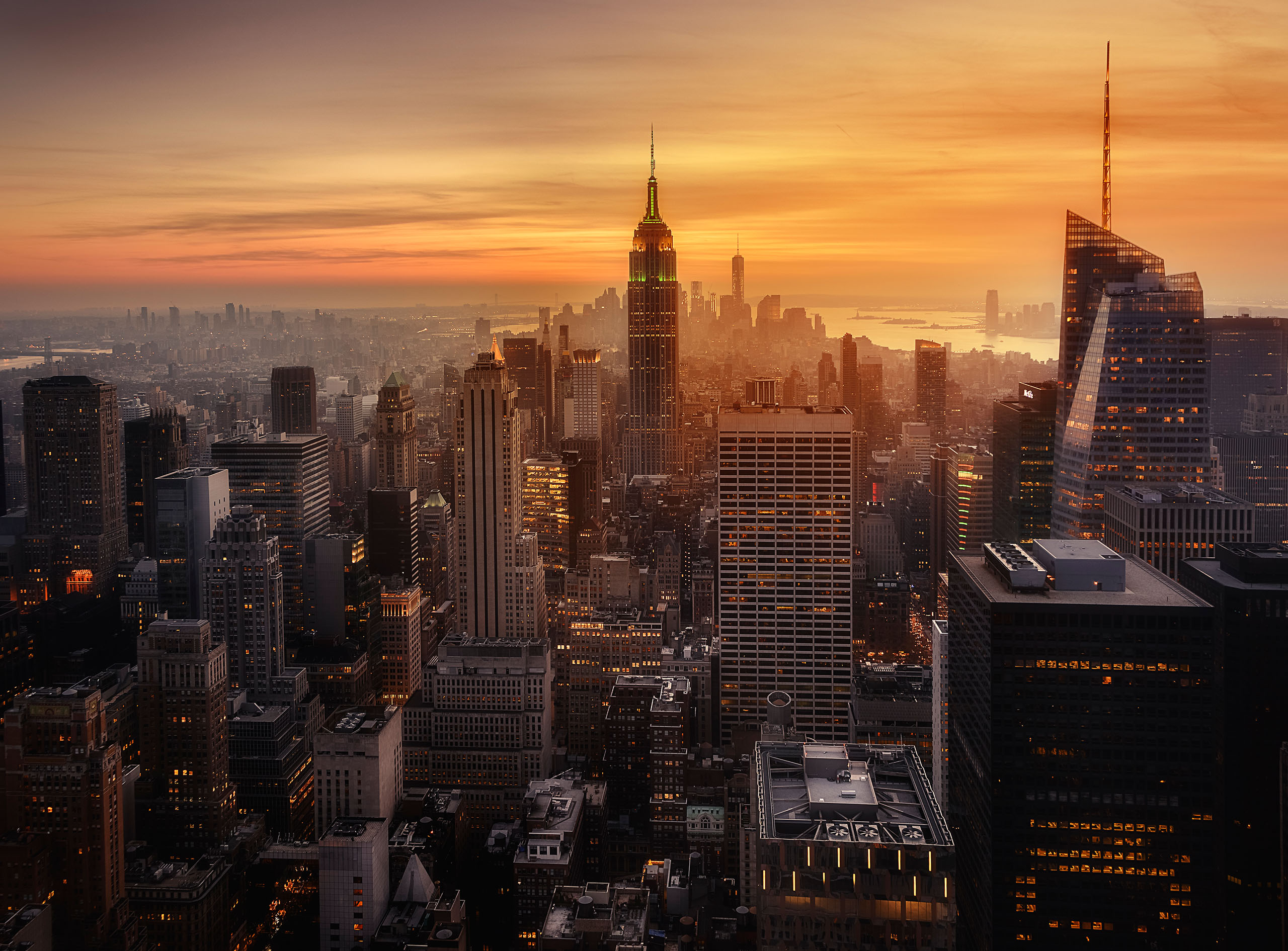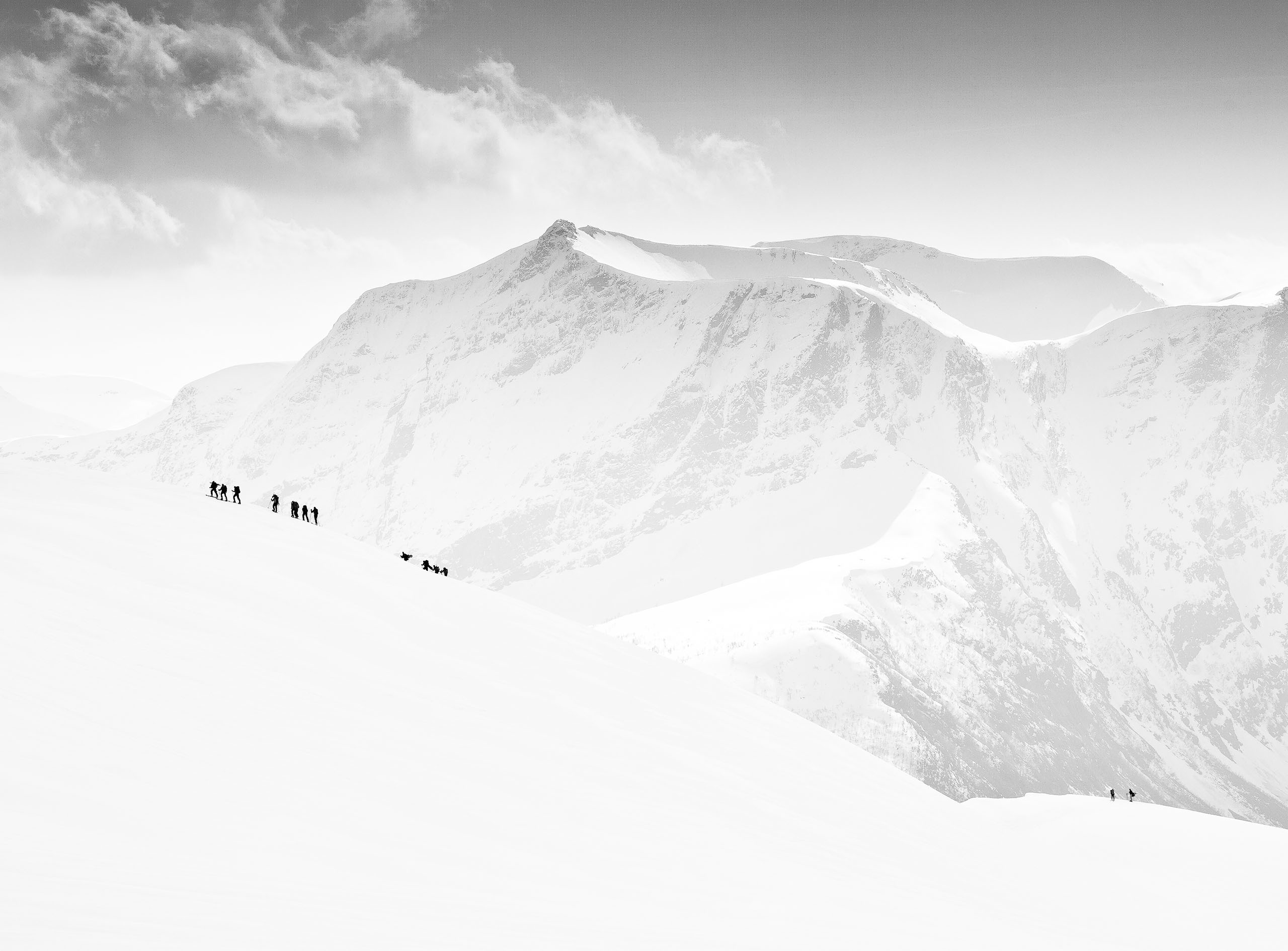SEARCH






|
|
|
|


by Editor Wicher Bos
Ever thought about it? Probably you have, because there are many articles discussing technological developments. Today, the step towards mirror-less is hot.
I started thinking about it following the latest iPhones' announcement, more exactly their portrait capability to create a depth of field – bokeh – without any user intervention. So, the bokeh is just calculated, no need for large apertures any more.
What are these developments?
The technology is referred to as computation photography. It stands for digital image capturing and processing using digital computation.
computational photography:
What I like about this definition is that it refers to the output, “is an ordinary photograph.” It makes you wonder even more…
Today, a first, a general overview of the field.
The photographer has always been in the front line of technological change:
In the 19th century it was the invention of chemical photography. That ignited a revolution in image-making. Some people were thinking that painting would become extinct ... and it almost did for some genres like portraits, yet, painters found a new way to excite the world.
Followed by another huge step when in the 20st century digital photography was invented. Photography became even better, now you can have instant feedback during a photo shoot, copy and distribute pictures super-fast and post-processing options are mind-blowing: easily clone out things, changing colours, etc.
And now, the 21st century, we see a rapid development of computational photography. Camera’s able to produce images by calculation, based on image data collected by multiple lenses, and sensors. Multiple images combined to create a High Dynamic Range, large Depth of Field by focus-stacking, blurring a background when shooting a portrait, large mosaic pictures, etc.
Where will it end? Start dreaming…
Suppose you would have a complete 3D-capture of a situation for a brief moment in time… and by computation alone you are able, to relight, change focus (plane), zoom in or out, etc. It would mean total freedom for the photographer being back home… an ideal world?
For sure, the possibilities to correct and enhance images will increase even further. Yet, it seems just to be the perfecting of our present tools… however extrapolation of the current abilities is never a good prediction. I believe that in the era of computational photography we will see new and unexpected things developed by true artists who will be applying the new tools in new ways...
What would that do to photography? Would it still be fun? Absolutely!
What remains unchanged:
1. Bringing the camera to the “situation”
2. Staging - in front of the camera
3. Imagination - seeing beyond the factual
Look at these pictures I have selected… these are not just ‘captures’ of a situation these are personal representations of a vision, believe or an experience or emotion…
For me this is the essence of photography.
Finally, do you think you would enjoy photography in that new world just as much?
Would Artificial Intelligence software take over?
Science Fiction: “Camera, please capture this building, in contrasty light, so it has a suspense and mysterious mood” - “OK, sir but if you step 2 meters to the right, we get a better composition”
Who knows – step through the elevator-door, join the future and let’s explore!
“Let your love and not your camera draw you to your subject.” - ~H. Steward Wallace 1902 ~
Well, in fact you could think that if there were perfect lenses, going from 6-1000mm always sharp back to front, there would not be the slight obstacles of optics to enable us doing artistic photography.
Computational images would not imitate our usual sense for real photography
So in effect our world would be more sad, photography not such a fantastic hobby or profession.
BUT we still have RAWs :-) So we're still the computational part ourselves if we insist, haha! Well, with all the tools having sliders, of course....
Cheers,
Mike
Thank you for putting these very valid points in clear words! That's the imperfection of camera physics we love to play and somehow, maintain.